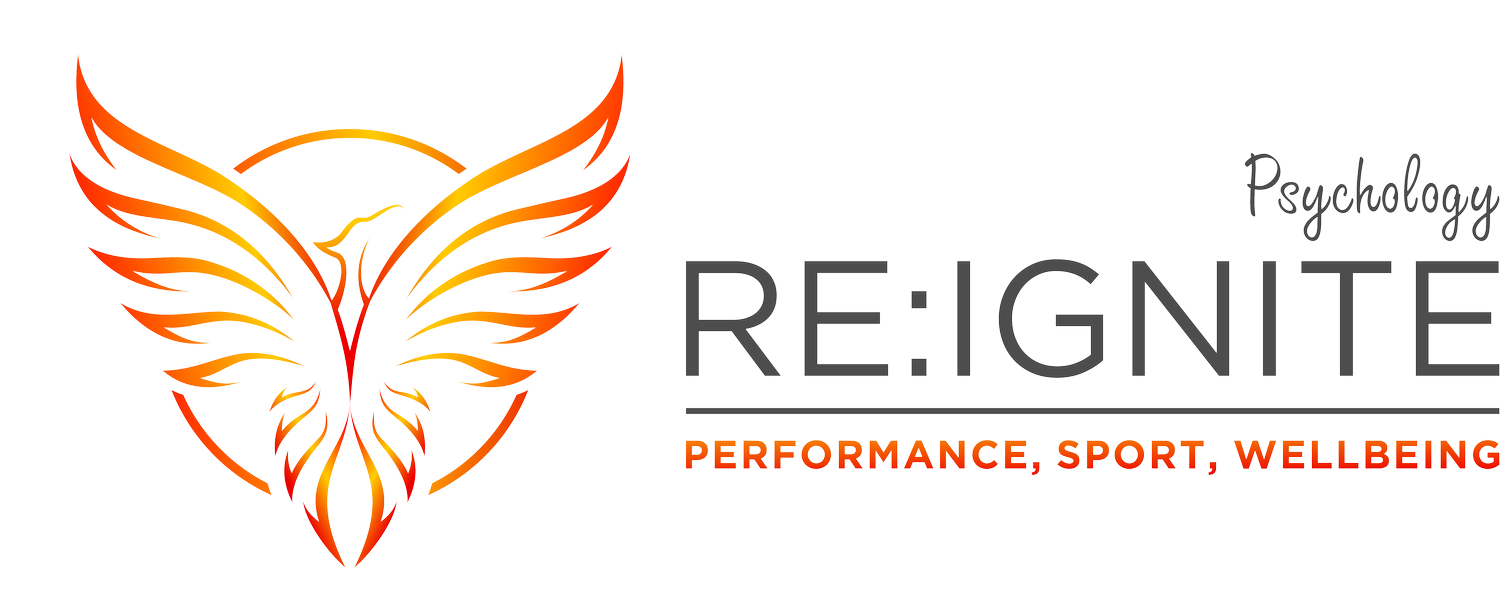
Self.
Do you wish to feel more comfortable looking at yourself in the mirror?
(Building self-confidence and self-esteem)
Do you wish to wake up in the morning, feel lighter with warm energy surging through your body,
and the daily worries and stresses disappear in an instant?
(Building self-love)
Have you found yourself asking “Who am I?” or
“Where am I here?”
(Figuring out life direction - Neurodiversity)
How can I cope with the ups and downs?
(Mood)
Have you wondered why the word Well-being (well-being) is becoming more often seen or heard in the media?
WHAT’s well-being? And how does it affect me as an individual and as a couple?
The American Psychological Association (APA) defines well-being as a state of happiness and contentment, with low levels of distress, overall good physical and mental health and outlook, or good quality of life. In a more simplified version, it can probably be defined as a combination of feeling and being physically, mentally and emotionally healthy.
Probably the next question is, “WHY is well-being important?”
Firstly, it gives physical health benefits. Studies have found a strong link between well-being and lower stress hormones (cortisol) and sleeping difficulties (Ryff et al., 2004), or lower incidences of cardiovascular disease (Kubzansky, 2001).
Secondly, it provides psychological benefits. Research has found that individuals with higher degrees of happiness also have a higher sense of personal achievement (Grob et al., 1999) and higher satisfaction in their relationships (Diener et al., 2002).
Lastly, it is directly linked with productivity and creativity (Pfeiffer et al., 1989), which in turn helps with work and employment-related benefits.
With all these benefits, then you probably ask, “HOW to increase well-being?”
Being holistic, to increase well-being means to increase the aspects of our lives, both our physical/body and psychological/mind.
For the physical/body, it’s good to start by creating healthy habits, such as exercise, quality sleep, and healthy balanced diets.
For psychological/mind, Martin Seligman’s PERMA model of happiness might be a good start. The five core elements of the model are:
P – Positive Emotions. Create a habit to try to view things from a positive perspective. Find 1 thing that you can be grateful for every day might help to create the habit. Challenge yourself!
E – Engagement. Find your “flow”. Be in the moment. Find the activity that can make you feel like time flies!
R – Relationship. Create an authentic connection. Find and surround yourself with people who you can feel safe and happy with.
M – Meaning. Find your purpose, find the sense of meaning in what you do for work, in your relationship with your family and friends, or in your day-to-day activities.
A – Accomplishment. Set realistic goals that you are looking forward to. Feel a sense of achievement when you reach your goals. Be proud of yourself.
It seems like a long list! It might be not a straightforward task, but it is well worth it.
So, which one of those is on the list that you have accomplished? Which one you might need help with?
You might want to talk to a professional (counsellor, psychologist, or psychotherapist) for those that you need help with. They might be able to give you some clarity.
Sources:
Diener, E. & Seligman, M. Very happy people. (2002). Psychological Science.13(1):81.
Grob, A., Sabatier, C., Botchera, L., & Macek, P. A. (1999). Cross-national model of subjective well-being in adolescence. The Adolescent Experience: European and American Adolescents in the 1990s. 115–30.
Kubzansky, L., Sparrow, D., Vokonas, P., & Kawachi, I. (2001). Is the glass half empty or half full? A prospective study of optimism and coronary heart disease in the Normative Aging Study. Psychosomatic Medicine. 63(6):910.
Pfeiffer, S., Wong, P. (1989). Multidimensional jealousy. Journal of Social and Personal Relationships. 6(2):181.
Ryff, C., Singer, B., & Love, G. (2004). Positive health: connecting well-being with biology. Philosophical Transactions of the Royal Society B. Biological Sciences. 359(1449):1383.
* Mental Toughness is a personality trait that determines your ability to perform consistently under stress and pressure and is closely related to qualities such as character, resilience, grit and perseverance (Mental Toughness Partners, 2023).
Nobody is perfect.
The most important thing is how to make our imperfections shine.
Like a Japanese art, Kintsugi (金継ぎ), or the art of mending broken pottery with gold or silver to make it even more beautiful than the original.
Let’s learn to accept our strengths and weaknesses and commit to making the most of ourselves.
NEED TO CHAT?
Schedule a free 30-minute chat with me to get your answers.
We'll work out if we are a good fit for each other.
Free Resources
Knowledge is valuable!
Find the books, websites, videos/movies, and podcasts that might be relevant to you!
Free Insight
You’re welcome to benefit from what we know and practice. Share and grow together!
Gallery
Get a glance at our wall of empowerment!
For more, join me on Instagram @desieree.m






